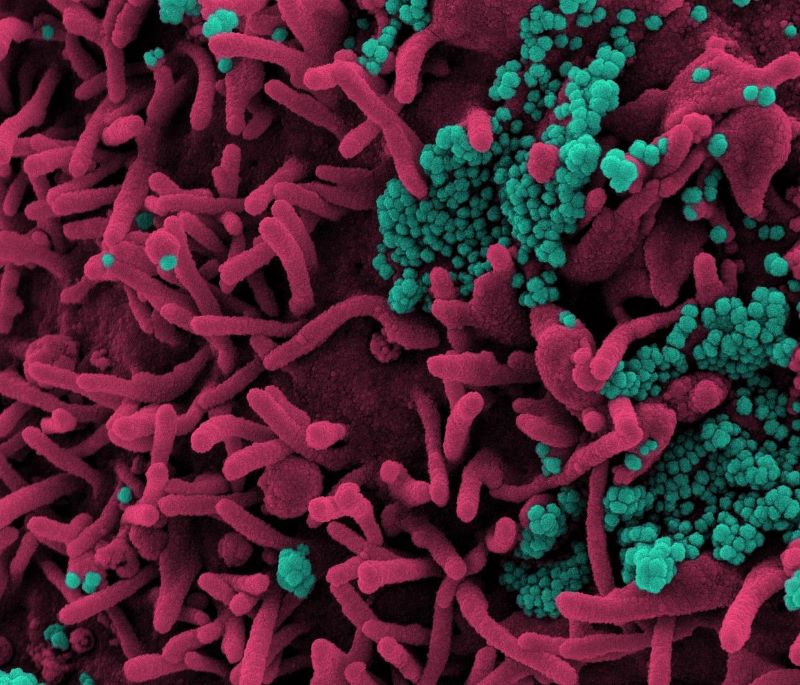
The National Institutes of Health (NIH) has initiated a Phase II clinical trial of an investigational monoclonal antibody IC14 for treating hospitalised Covid-19 patients with respiratory disease and low blood oxygen.
Named ‘Covid-19 anti-CD14 Treatment Trial (CaTT)’, the study is sponsored and funded by the NIH unit National Institute of Allergy and Infectious Diseases (NIAID).

Discover B2B Marketing That Performs
Combine business intelligence and editorial excellence to reach engaged professionals across 36 leading media platforms.
A laboratory-created antibody, IC14 attaches binds to a human protein called CD14, which helps immune cells in detecting pathogens and injured or dying cells, alerting the immune system and triggering it to respond.
NIAID Director Anthony Fauci said: “By blocking a protein called CD14 during the early stages of Covid-19 respiratory disease, the monoclonal antibody IC14 could potentially temper the immune system’s harmful inflammatory responses to SARS-CoV-2, thereby limiting associated tissue damage and improving patients’ health outcomes.”
The trial will enrol 300 to 350 adult patients hospitalised with Covid-19 at ten to 15 sites across the US.
The trial subjects will randomly receive intravenous infusions of either IC14 or a placebo for four days.

US Tariffs are shifting - will you react or anticipate?
Don’t let policy changes catch you off guard. Stay proactive with real-time data and expert analysis.
By GlobalDataIn addition, they will also receive intravenous infusions of the antiviral drug remdesivir for five consecutive days and will be followed up for 60 days.
The study aims to analyse if the IC14 treatment can lower the time required for subjects to recover from Covid-19 respiratory disease and get discharged from the hospital.
Assessing the safety and efficacy of the drug in lowering Covid-19 respiratory disease severity will form the secondary goals.
NIH will progress to a larger Phase III efficacy trial on obtaining positive data, with results from the CaTT study anticipated early next year.
The NIAID-funded Immune Tolerance Network is providing operational support for the trial while Implicit Bioscience and Gilead Sciences will provide IC14 and remdesivir, respectively.





